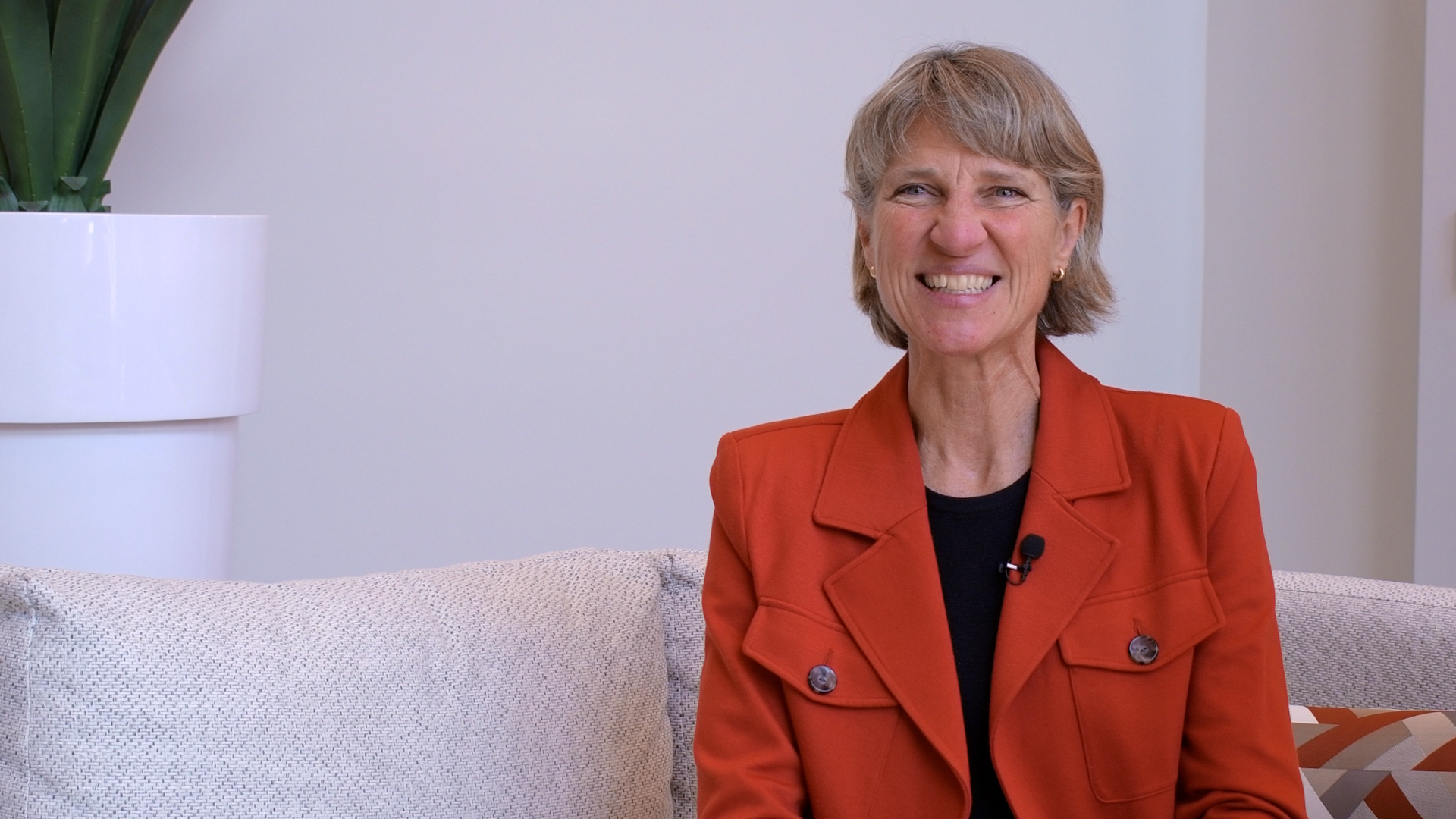Belk Center for Community College Leadership and Research at NC State Names 2021 ECMC Foundation Postsecondary CTE Research Fellows

Fourteen Fellows from institutions across the nation have been selected to participate in the Postsecondary Career and Technical Education (CTE) Research Fellows Program at NC State University, sponsored by the ECMC Foundation. The program is part of the ECMC Foundation CTE Leadership Collaborative.
The Postsecondary CTE Research Fellows Program at the NC State College of Education was established in 2018 through a three-year, $2 million grant intended to enhance and strengthen postsecondary Career and Technical Education (CTE) research to improve student success.
The 2021 ECMC Foundation Postsecondary CTE Research Fellows, their sponsoring institutions and research focus are listed below:
- Jackson Yan, University of Texas at Austin. Topic: Using Social Cognitive Career Theory to understand persistence and completion rates for community college STEM CTE students.
- Brett Nachman, NC State. Topic: Factors that contribute to success of community college CTE students with disabilities in NC.
- Gresham Collom, University of Tennessee-Knoxville. Topic: Impact of Mentoring in the Tennessee Promise Program.
- Jacob Kamer, Tennessee Higher Education Commission. Topic: Assessing student success in less-than-two-year CTE certifications.
- Ty McNamee, Columbia University. Topic: Equity of Outcomes – narratives of rural, poor and working class students enrolled in postsecondary education, including those at CTE institutions.
- Matt Lenard, Harvard University. Topic: Impact of secondary enrollments on postsecondary CTE outcomes.
- Kesha Valentine, Old Dominion University. Topic: Equity through career literacy for postsecondary students.
- Andrew Gardner, University of North Carolina-Charlotte. Topic: Student success/experiences of undocumented students in noncredit CTE.
- Angela Thomas, NC State. Topic: Real and perceived barriers that impede the progression of postsecondary minority students who are interested in health programs.
- Nzingha Williams, NC State. Topic: Case Study of Black Parents and their Perceptions of CTE.
- Jacquelyn Guzman, University of Nevada, Las Vegas. Topic: Education and Career Trajectory of Postsecondary CTE Dance Educators.
- Mason Lefler, Utah State. Topic: Effectiveness of rural dual enrollment courses.
- Rosemary McBride, University of Wyoming. Topic: Future CTE needs in Rural Communities (WY).
- Eunjung Jee, Institute for Economic and Racial Equity at Brandeis University. Topic: Effect of postsecondary CTE programs on women’s post-childbirth career paths and earnings.
The 2021 cohort of Fellows began with a virtual orientation and training institute on April 7 with the formal program running from August 2021 through August 2022. Fellows will attend the virtual AERA conference from April 8 through 12, attend monthly webinars on research methods, receive mentoring from nationally recognized researchers in CTE, participate in the ECMC Foundation’s annual CTE Leadership Collaborative Convening and will attend a training institute in conjunction with the Association for Career and Technical Education Research’s national conference in November.
“With the addition of our third cohort of research fellows, I am so excited for the large collective group of fellows that can be a support to each other, widening their network and providing opportunities for collaborations with impactful research,” said Michelle Bartlett, Ph.D., who is the co-principal investigator on the project.
Fellows will each complete a research project focusing on a variety of topics related to postsecondary CTE which will be presented at a minimum of one national conference and submitted to a nationally recognized academic journal.
“We are seeing impact from these researchers, for example, last year fellows from this project won best paper, best round table and best symposium at the Association for Career and Technical Education Research Conference,” said James Bartlett, Ph.D., the project’s principal investigator.
The project from Jacob Kamer, a research and strategy analyst at the Tennessee Higher Education Commission, will identify factors that support student access, completion and placement in Tennessee Colleges of Applied Technology, while a project from UNC Charlotte doctoral candidate Andrew Gardner aims to understand what experiences led Deferred Action for Childhood Arrivals (DACA) recipients to enroll in noncredit occupational education in community colleges, what their educational experiences were like and how they used the education gained from the noncredit program.
The project from Angela Thomas, a doctoral student in the College of Education’s Community College Leadership program area of study, will examine the demographics, standardized test scores and completion and pass rates of students enrolled in health science programs. The goal is to provide a resource for admissions committees to use when deciding to use standardized test scores as indicators of student success and to bring awareness to how the use of standardized tests in admissions processes may impact program diversity.
The project from Ty McNamee, a doctoral student at Columbia University, will explore the cultural experiences of students from rural, poor and working class backgrounds who have transitioned from their hometowns and are navigating their colleges and universities, including postsecondary CTE institutions. The goal is to provide higher education stakeholders with knowledge that will help support postsecondary attainment among this population.
- Categories:


